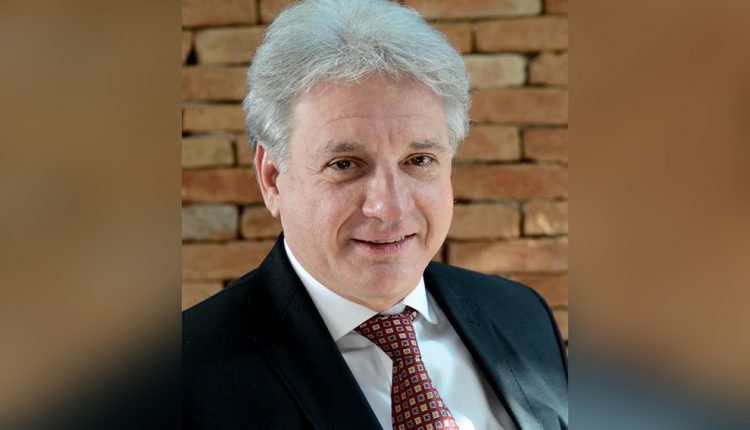New Brazilian Legislation and What It Means for Insurance and Reinsurance
Since its enaction in 2019, Law 13874 has had significant consequences for the insurance and reinsurance sectors in Brazil. We hear from Luis Felipe Pellon on the impact of this law and additional legislation relating to public bids.
What has changed in Brazil’s economy since the inauguration of the new government?
The new government was elected promising economic liberalization and deregulation. After a long debate in Parliament, Law 13874 was enacted in September 2019, with a ‘Declaration of The Rights of Economic Freedom’ imposing new rules for the protection of free enterprise and the free exercise of economic activities.
In accordance with this law, the bases of banking and insurance supervision were reassessed. Their control is no longer total and comprehensive and has been directed to those who most need it. In the financial area, digital banks and the open banking scheme were permitted, as well as new remote means of payment (e.g. WhatsApp). In the insurance area, only individuals and small-sized companies will be covered by state supervision. Medium and large companies should deal directly with insurers about their insurance coverage needs. In addition, a regulatory sandbox has been created, opening the way for new and creative digital insurers to assess the market without major demands.
What is the most impactful measure for insurance and reinsurance?
The measure with the greatest impact was the freedom the regulatory body granted to underwriting large risks insurance policies (oil, engineering, banks, aeronautics, maritime, nuclear and credit). Insurance from any branches (including performance bands) can also be released as long as they are contracted by legal entities under certain minimum requirements. In all these cases, insurance contracts shall be governed by contractual conditions freely agreed between insurer and insured.
In the insurance area, only individuals and small-sized companies will be covered by state supervision.
However, there are advantages and disadvantages to this. First, the insurance contract loses its characteristic of adhesion contract, where the interpretation of any ambiguity will be made in favour of the insured (Civil Code,art. 423). On the other hand, as the contracts will be unique and personalised, the insured will need to understand the options of coverage existing in the market, the values of respective premiums, and the risks and needs of insurance litigation. In this sense, insurance brokers can help a lot. Moreover, reinsurance cessions tend to be more complex and time-consuming, given the need to study each case, delaying the beginning of contractual coverage.
What role will performance bonds insurance play in public bids?
A new public bids law was also issued, where performance bonds insurance became the main guarantee to be offered by the contracted builder or supplier. In normal contracts of building works and services, the insurance guarantee will be between 5% and 10% of the insured contract value. In the case of major engineering works and services (over USD 40 million), the insurance guarantee will be up to 30% of the insured contract value. The great innovation in these bigger cases is that the bid may function as an insurer´s obligation to assume the execution and complete the object of the contract of works and services in case of default by the insured contractor.
Luis Felipe Pellon, Founder and President
Pellon & Associados Advocacia Empresarial
Address: Rua Desembargador Viriato 16, CEP 20030-090, Altavista Building, Rio de Janeiro, Brazil
Tel: (55) (21) 38247821
Cel: (55) (21) 993392323
Email: lfpellon@pellon-associados.com.br
Website : www.pellon-associados.com.br
Luis Felipe Pellon
I have worked in insurance and reinsurance matters for 30 years, covering all its legal and operational aspects. I deal with contracts, claims, lawsuits, arbitration, product development, corporate, tax and governmental issues. My education took place mainly in Brazil, plus four years in Germany in the Insurance legal department of Hamburg University and in the Max Planck Institute for Comparative and International Private Law. There I studied contractual and regulatory aspects in insurance and reinsurance, both in Germany and in the European Community. I live in Rio de Janeiro but I work all over the country and abroad. I also work with industry associations, especially AIDA WORLD, of which I am a member of the Presidential Council.
My firm, Pellon & Associados, has a long and special relationship with the insurance market, as a leading law office in this area in Brazil with over 100 lawyers distributed among our offices in Rio de Janeiro, São Paulo and Vitoria. We have employ correspondent lawyers in all other main Brazilian cities and abroad. The firm renders a full range of services to insurers, reinsurers, brokers and agents, from consultation to court litigations and administrative proceedings, in all jurisdictions. We also conduct arbitrations and mediations, either independently or through arbitration chambers.




